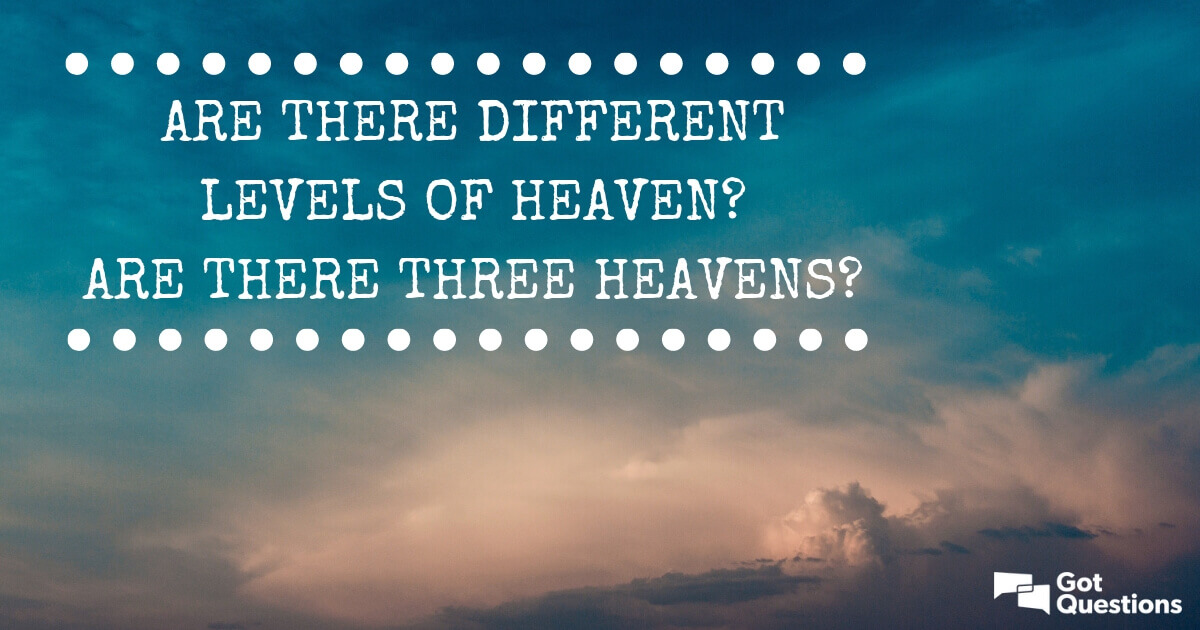When Jesus spoke to Nicodemus regarding the need to be “born again” (John 3:1-8), He also sought to impress upon the mind of this ruler of the Jews that His words were from above. Jesus spoke of spiritual things that no man knew (Matthew 13:35; cf. 7:28-29; Luke 2:47). One of the reasons Jesus gave for being able to expound on such spiritual truths is found in John 3:13. Here, the apostle John recorded Jesus as having said to Nicodemus, “No one has ascended to heaven but He who came down from heaven, that is, the Son of Man” (John 3:13). According to the skeptic, this statement by Jesus is severely flawed. Since the Old Testament reveals that Elijah escaped physical death and “went up by a whirlwind into heaven” (2 Kings 2:11; cf. Genesis 5:24; Hebrews 11:5), allegedly Jesus could not truthfully tell Nicodemus, “No one has ascended to heaven.” Is the skeptic right?
For Jesus’ statement to contradict what the Bible says about Elijah, one first must presuppose that Jesus was referring to the exact same place to which Elijah ascended. For a contradiction to exist between two Bible passages, one must prove that the one doing the speaking (or writing) is referring to the same person, place, or thing (see Jevons, 1928, p. 118). Can the skeptic be certain that the “heaven” to which Jesus referred, is the same one into which the body of Elijah ascended? The words “heaven” or “heavens” appear in our English Bibles about 700 times. And yet, in many of the passages where “heaven(s)” is found, the inspired writers were not discussing the spiritual heaven with which we most often associate the word. For example, in Genesis 1 and 2, the Hebrew word for heaven appears 15 times in 14 verses. Yet in every instance, the word is referring to something besides the spiritual heaven where God dwells. The word “heaven” (Hebrew shamayim, Greek ouranos) is used by Bible writers in basically three different ways. It is used to refer to the atmospheric heavens in which the airplanes fly, the birds soar, and the clouds gather (Genesis 1:20; Jeremiah 4:25; Matthew 6:26, ASV). “Heaven(s)” also is used in the Bible when referring to the firmament where we find the Sun, Moon, and stars—the sidereal heavens, or outer space (Genesis 1:14-15; Psalm 19:4,6; Isaiah 13:10). The third “heaven” frequently mentioned in Scripture is the spiritual heaven in which Jehovah dwells (Psalm 2:4; Hebrews 9:24), and where, one day, the faithful will live forevermore (Revelation 21:18-23; John 14:1-3; cf. 2 Corinthians 12:2-3). [NOTE: The word “firmament” (meaning expanse) is used in the same three ways “heaven” is used. Thus, what is said about heaven also can be said of the firmament (cf. Genesis 1:20; Genesis 1:17; Psalm 150:1).] The context of John 3 clearly indicates that Jesus is referring to the spiritual heavens wherein God dwells (cf. John 3:27). 2 Kings 2:11, however, is not as clear. The writer of 2 Kings easily could have meant that the body of Elijah miraculously ascended up high into the air never to been seen by anyone on Earth again. Nowhere does the text indicate that he left Earth at that moment to dwell in God’s presence. He definitely went somewhere, but we have no evidence that he was transferred to the actual throne room of God Almighty.
The Bible indicates that when God’s faithful servants leave this Earth, their spirits are taken to dwell in a place referred to as paradise (or “the bosom of Abraham”—Luke 16:19-31). Recall when Jesus was fastened to the cross, and told the penitent thief, “Today, you will be with Me in Paradise” (Luke 23:43). The word paradise is of Persian derivation, and means a “garden” or “park.” Where was it that Jesus and the thief went? Neither of them went to heaven to be with God the Father on that very day, for in John 20:17 after His resurrection, Jesus reassured Mary that He had not yet ascended to the Father. So where did Jesus and the thief go after dying on the cross? Peter gave the answer to that question in his sermon in Acts 2 when he quoted Psalm 16. Acts 2:27 states that God would not abandon Christ’s soul in hades, nor allow Christ to undergo decay. So while Christ’s body was placed in a tomb for three days, Christ’s spirit went to hades. [NOTE: The word hades occurs ten times in the New Testament, and always refers to the unseen realm of the dead—the receptacle of disembodied spirits where all people who die await for the Lord’s return and judgment. One part of hades, where Jesus and the thief went, is known as paradise.] Peter argued that David, who penned Psalm 16, was not referring to himself, since David’s body was still in the tomb (Acts 2:29), and his spirit was still in the hadean realm (Acts 2:34). Acts 2 indicates that a faithful servant of God does not go directly to be with God the Father when he dies; rather, he goes to a holding place in hades known as paradise—the same place where Abraham went after he died (Luke 16), and the same place where the spirit of Elijah went after he was caught up from the Earth. In short, the Bible does not teach that Elijah left Earth to begin immediately dwelling in the presence of the Father (where Jesus was before His incarnation—John 1:1). Thus, technically he did not ascend to the “place” whence Jesus came.
For the sake of argument, consider for a moment that the skeptic is right, and that Elijah’s spirit did not go to paradise, but was taken to dwell in the very presence of God. Could Jesus still have made the statement He did, and yet not be inaccurate? I believe so. Notice again the response to Nicodemus’ question, “How can these things be?” Jesus said: “If I have told you earthly things and you do not believe, how will you believe if I tell you heavenly things? No one has ascended to heaven but He who came down from heaven, that is, the Son of Man” (John 3:12-13, emp. added). It may be that Jesus meant nothing more than that no one has ever gone up to heaven “by his own act” or “on his own terms” (see Bullinger, 1888, pp. 281-282). Elijah and Enoch had been taken by God, which is different than freely ascending up into heaven on one’s own terms. Furthermore, Jesus’ words, “No one has ascended to heaven,” also could have meant that no one has ever gone up into heaven to then return and speak firsthand about what he saw, and to spread the same saving message that Jesus preached. Jesus was emphasizing to Nicodemus how no one on Earth at that time was revealing such spiritual truths as Christ was, because no one ever had ascended to heaven to then return and talk about what he had seen and learned. Such seems to have been the main point Jesus was making in John 3:13. No one on Earth had seen what Jesus had seen, and thus could not teach what He taught.
Truly, the skeptic’s accusation that Jesus either lied or was mistaken regarding his comment to Nicodemus about no one having ascended to heaven, is unsubstantiated. Perhaps the word heaven used in 2 Kings 2:11 was not meant to convey the idea of the spiritual heavens in which God dwells. Or, considering the Bible’s teaching on departed spirits of the righteous being in a holding place known as paradise, and not in the actual presence of Almighty God, Jesus could have meant that no person has ever ascended to the throne room of God from which He came. Furthermore, it also is interesting to note that Nicodemus, being “a man of the Pharisees” (John 3:1), and thus one who would have been very well acquainted with the details of the Old Testament, did not respond to Jesus by saying, “Wait a minute Rabbi. What about Elijah and Enoch? Isn’t it written in the law and prophets that they ascended to heaven?” Surely, had Jesus contradicted something in the law and the prophets, it would have been brought to His attention, especially by a Pharisee. Yet, the apostle John never records such a statement.
Admittedly, at first glance, it might appear as if the statements, “Elijah went up by a whirlwind into heaven” (2 Kings 2:11), and, “No man has ascended to heaven” (John 3:13), are contradictory. However, when a person considers all of the possible solutions to the alleged problem, he must admit that such an interpretation is unjustified.
When Jesus spoke to Nicodemus regarding the need to be “born again” (John 3:1-8), He also sought to impress upon the mind of this ruler of the Jews that His words were from above. Jesus spoke of spiritual things that no man knew (Matthew 13:35; cf. 7:28-29; Luke 2:47). One of the reasons Jesus...

apologeticspress.org











